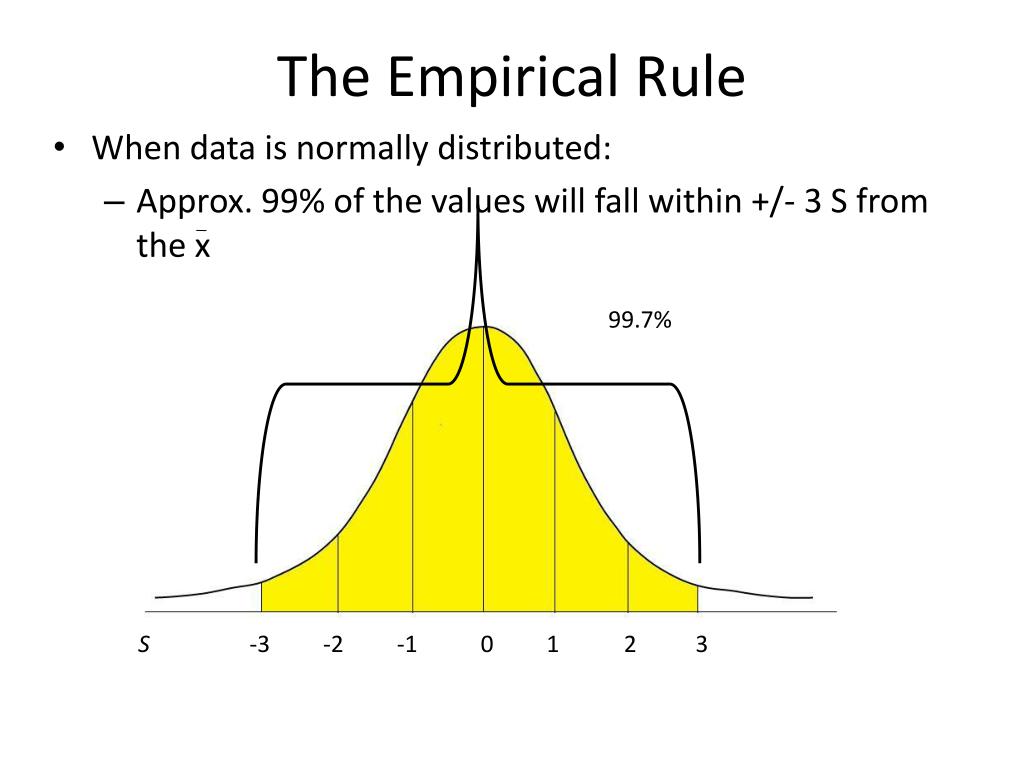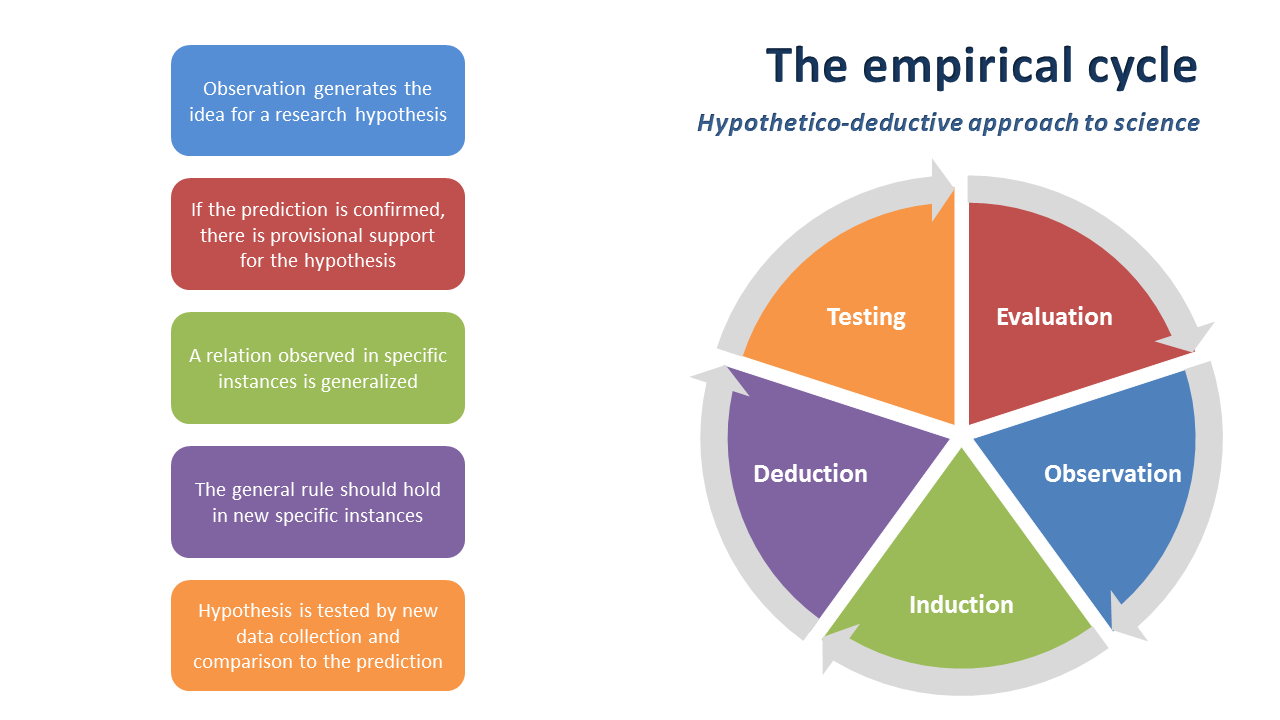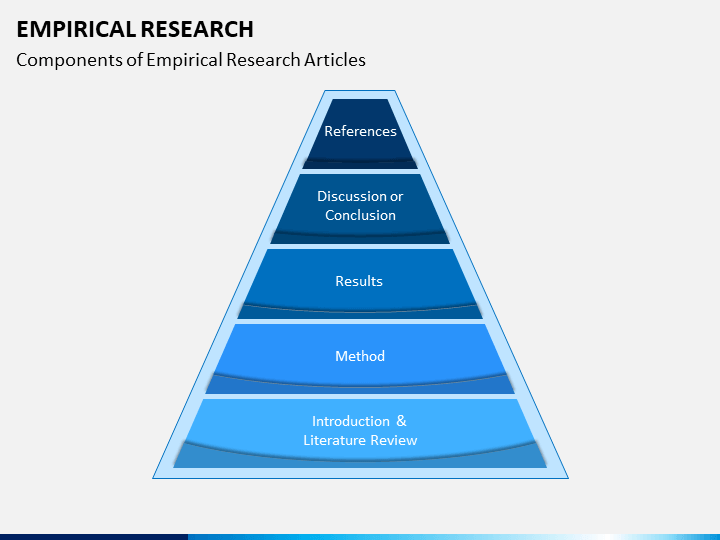


Qualitative evidence is data that a researcher cannot measure numerically. Related: What Is Quantitative Analysis? Qualitative Quantitative evidence is more common in experiments than it is in observations. Quantitative evidence is present in nearly all kinds of research, and it's typically less susceptible to bias since the evidence can prove or disprove the hypothesis using mathematics and statistics. A researcher can then analyze this data to make scientific conclusions. Quantitative evidence refers to any sort of data represented through numbers and provides measurements that other scientists can replicate by using the same tools. There are two main types of empirical evidence you can use when conducting the scientific method: Quantitative Related: What Is the Scientific Method? 7 Steps To Test Conclusions Types of empirical evidence Although scientists commonly use empirical evidence in their work, it appears in other disciplines such as: The thorough testing of scientific theories and the subsequent collection of empirical evidence has provided data for the creation of various technologies, including common safety features like seatbelts, airbags, air ventilation and fire extinguishers. Research and experimentation are the most common ways to find and use empirical evidence. Related: What Is a Scientist? Definition and Types Uses for empirical evidence If the answers to these questions are "yes," you can conclude that the evidence in the experiment or research study is empirical.Ĭan you define the researched group or phenomena?ĭoes the researcher clearly define statements about the process, tools and controlled variables used to complete the study? To ensure that you can accurately identify empirical evidence in an experiment or observation, ask yourself the questions below. It's important for scientists and researchers to correctly recognize instances of empirical evidence, as this lends credibility to the research project or experiment. A scientist usually begins their investigation by forming a hypothesis and then searching for empirical evidence that aligns with their educated guess. Empirical evidence is necessary for validating or disproving a claim, statement or hypothesis. Acquiring empirical evidence is a vital step in the scientific method, as it allows researchers to collect, organize and study data that results from their work. You might use your five senses, measure data or design an experiment to test a hypothesis.

What is empirical evidence?Įmpirical evidence is any information you can collect through the processes of observation or investigation. In this article, we explain what empirical evidence is, discuss the different uses and types, provide examples and list other types of data you can collect. Collecting empirical evidence allows you to prove or disprove your hypothesis and conduct accurate experiments. This type of evidence involves the collection of information via observation or investigation. When conducting a study, you might gather empirical evidence whether you realize it or not.


 0 kommentar(er)
0 kommentar(er)
